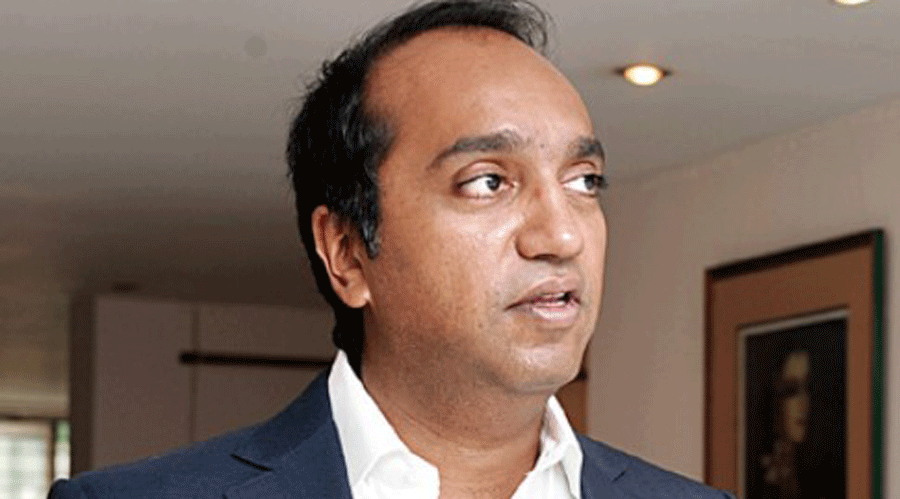Apeejay Surrendra Group, one of the largest privately held diversified business houses in the country, is all but bidding adieu to the business of tea plantation.
The group, which own the iconic Calcutta landmarks such as The Park Hotel, Flury’s and Oxford Bookstore, reached an understanding to sell two of their remaining estates on Monday and talks are on to dispose off the rest, keeping just one, where it plans to develop social infrastructure such as a school, hospital and hotel.
At the height of the group’s association with tea plantations, Apeejay had 17 gardens in Assam, producing about 24 million kg of its own crop, making it the third largest tea producer in India. The assets were acquired by the promoter Paul family during 1977 to 1982 and held through three companies Assam Frontier, Empire and Singlo.
Going forward, it intends to carry on with a single estate in upper Assam’s Tinsukia, which produces about 1.1 million kg of tea and has a golf course attached to it.
“Our legacy in tea plantations and long association with the state of Assam will continue through Kharjan estate, which produces excellent quality of orthodox tea. Moreover, the group would look at developing social infrastructures including school and hospital there, taking advantage of the proactive policy of the state government,” Karan Paul, chairman of Apeejay Surrendra Group, told The Telegraph.
In 2021, the group, which has interests in hospitality, shipping, real estate, logistics, retail and education, had exited from Typhoo Tea, sixteen years after it bought the iconic British tea brand, by parting with its shares to a clutch of private equity players.
However, the Pauls continue to have the license to sell under the Typhoo brand in India and the plan going forward will be to focus on that part of the tea business. Apeejay retails tea bags and packet teas under the Typhoo brand in India and also serves tea to guests at confectionery chain Flury’s.
The sale of the estates and the Typhoo business are expected to deleverage the conglomerate by over Rs 1,000 crore, by one estimate. Even as the tea plantation and Typhoo businesses were not performing well for a while, the pandemic dealt a severe blow that forced the Pauls to reimagine their business portfolio.
While Apeejay all but exited from plantations, it has mostly been profitable for the conglomerate over the fourand-a-half decade under the Paul family. Estates were acquired by Karan Paul’s father late Surrendra Paul and his uncles and helmed by Surrendra Paul till his untimely death in 1990.
While returning from a visit to a garden at Tinsukia, Paul was gunned down by a group of suspected ULFA cadres, an incident that stunned the country, shook up the tea industry and set the stage for President’s rule in Assam.
After Surrendra Paul’s death, his wife Shirin Paul became chairperson and the business was managed by his brother Jit Paul.
Karan Paul was studying in the US when he lost his father. Karan joined the business under the guidance of Jit Paul, who left active management to his nephew five years before his death. Karan now chairs Apeejay Surrendra Group, aided by sisters Priti and Priya.
The Apeejay group join a list of corporate houses in the country which are trimming their exposure in tea plantations in order to move money to other businesses where return on capital appears to be more remunerative.
In November, the Vinay Goenka-family of Warren Tea exited from plantations by selling estates. The Warren Tea promoters plan to focus on tea retail and hospitality business instead.
The supply of tea in India has outpaced demand in the last 15 years with small tea growers accounting for over 50 per cent of the production. Higher crop resulted in stagnant prices at the auctions amidst higher cost led by wages and agricultural inputs, squeezing margins for large estates such as Apeejay and Warren.












